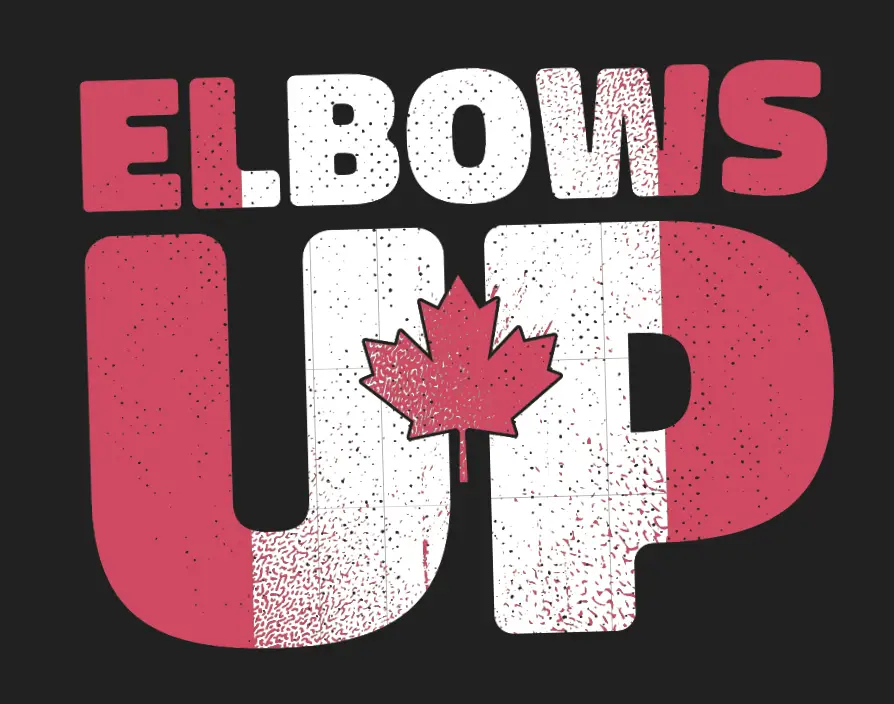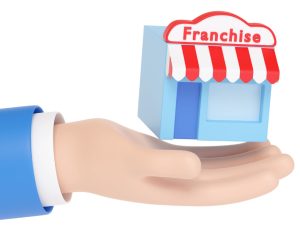Spurred by growing nationalism and frustration with foreign economic policies, this movement calls on Canadians to stand tall and “buy Canadian.” But in the world of franchising, is this patriotic pivot helping homegrown brands grow—or unintentionally drawing lines in the sand?
The rise of Canadian franchise pride
For Canadian-founded franchises like Pür & Simple, Mucho Burrito, and Mary Brown’s Chicken, the “Elbows Up” campaign has created a rising tide of consumer goodwill. These brands proudly showcase their Canadian roots, and in doing so, have attracted franchisees looking for brands that resonate with national values.
Mary Brown’s, in particular, has expanded aggressively across Canada over the past five years, leaning into its “100% Canadian Owned and Operated” identity. According to a recent company report, its same-store sales have grown year-over-year since 2019, with much of that growth driven by increased consumer demand for local authenticity.
Similarly, Pür & Simple, a breakfast and lunch franchise born in Quebec, has seen strong franchise interest, especially in smaller Canadian markets where residents are increasingly selective about which brands they support. “When people see that maple leaf in our branding, it matters,” noted one Ontario-based franchisee in a recent interview.
But what about cross-border brands?
The other side of the coin presents a more complex story. U.S.-based franchises operating in Canada have occasionally encountered hesitation from consumers and franchisees who feel conflicted about supporting non-Canadian brands in a politically charged environment.
In fact, a recent Reuters article revealed that some U.S. franchise suppliers are seeing diminished demand from Canadian operators, citing a shift toward “Canadian-first” sourcing practices. That’s commendable in theory, but could also disrupt established supply chains and deter global franchises from investing in the Canadian market.
The franchise economy is global—Let’s not forget that
Franchising thrives on the power of local entrepreneurship with the structure and support of a proven system. While there’s undeniable value in rallying behind Canadian-born brands, it’s important not to let nationalism morph into economic isolationism. Many international franchise systems have deep roots in Canada and contribute significantly to employment and tax revenue.
And then there’s the innovation factor. International brands often introduce new service models, technologies, and operational efficiencies that Canadian brands can learn from. The key is not choosing sides—but building a franchise sector that embraces both local pride and global best practices.
World Franchise Day: A moment to reunite
On June 11th, 2025 the global franchise community will celebrate its’ first World Franchise Day—a day that highlights the economic impact, entrepreneurial empowerment, and community value of franchising worldwide. For Canadian brands, this presents a timely opportunity to reaffirm their place on the global stage—not in opposition to foreign players, but alongside them.
Let’s use World Franchise Day as a moment to bridge the divide. Whether Canadian-born or globally backed, franchise brands have a common goal: to create opportunity, deliver value, and support the communities they serve. The “Elbows Up” spirit has its place—but so does a handshake.
As a member of the Marketing Awareness Committee with the CFA, I am personally excited to advocate and support this very important initiative that was, in case you didn’t know, born right here in Canada.








